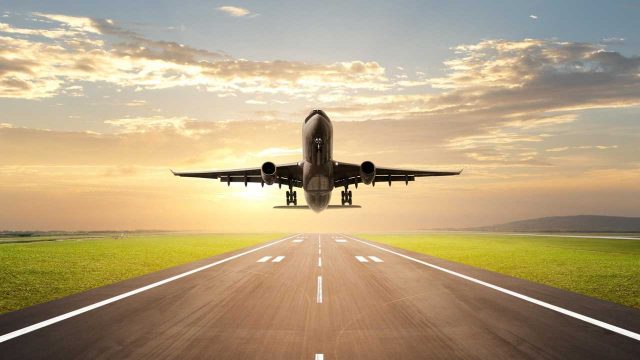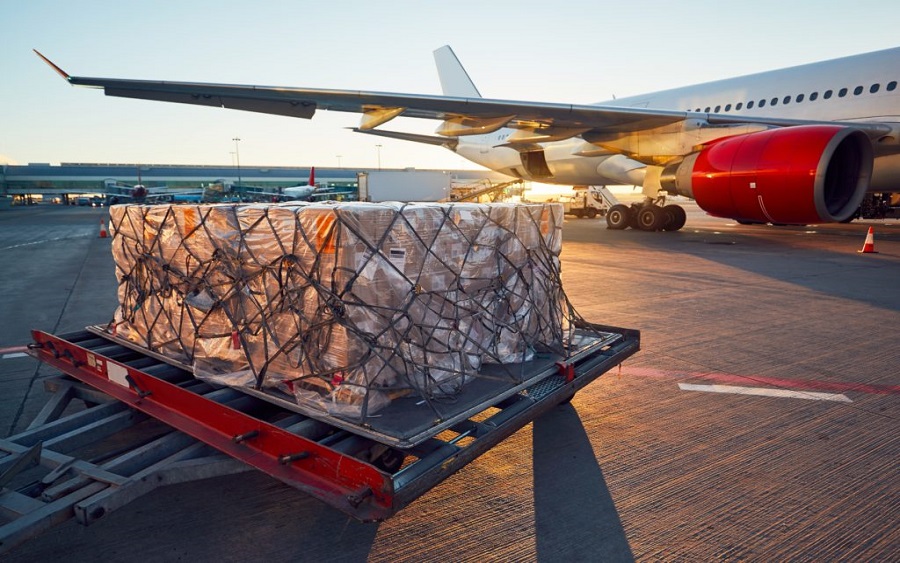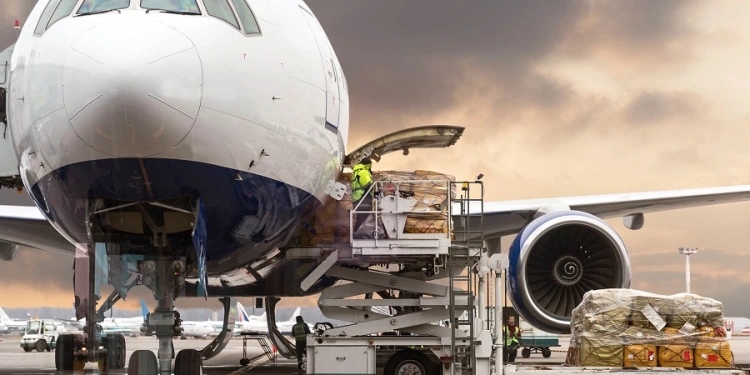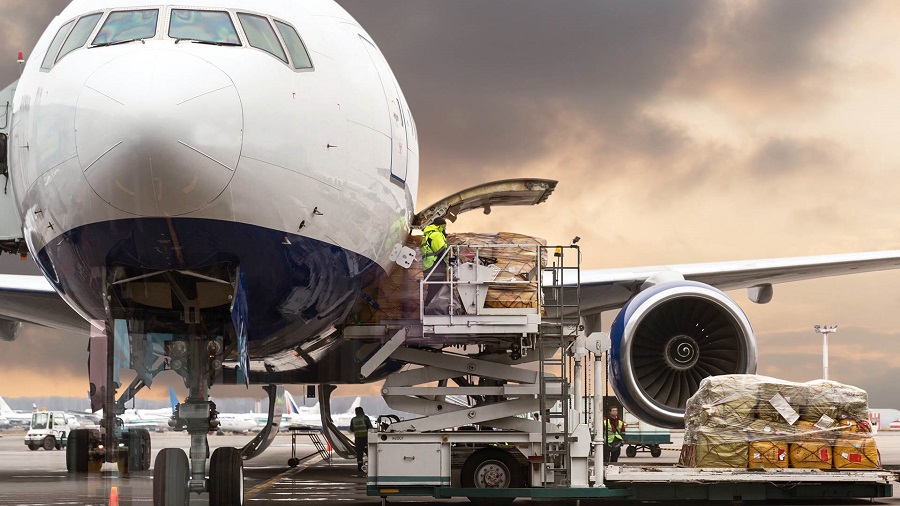International passengers that flew from Nigeria and across the globe dropped to 1.8 billion from 4.5 billion recorded in 2019. This represents a decrease of 60.2% in traffic and the lowest recorded since around 1950.
This was disclosed by the International Air Transport Association (IATA) in a statement released recently and seen by Nairametrics. The performance figures for 2020 demonstrated the devastating effects on global air transport during that year due to the COVID-19 crisis.
Highlights of the report
- 1.8 billion passengers flew in 2020, a decrease of 60.2% compared to the 4.5 billion who flew in 2019.
- Industry-wide air travel demand (measured in revenue passenger-kilometres, or RPKs) dropped by 65.9% year-on-year.
- International passenger demand decreased by 75.6% compared to the year prior.
- Domestic air passenger demand dropped by 48.8% compared to 2019.
- Air connectivity declined by more than half in 2020 with the number of routes connecting airports falling dramatically at the outset of the crisis and was down more than 60% year-on-year in April 2020.
- Total industry passenger revenues fell by 69% to $189 billion in 2020, and net losses were $126.4 billion in total.
- The decline in air passengers transported in 2020 was the largest recorded since global RPKs started being tracked around 1950.
- The industry statistics show that the number of passengers carried on scheduled services plunged by 65.7%, with Africa as the largest loser of passenger traffic after Europe.
What IATA is saying about the plunge
The Director-General, IATA, Willie Walsh, explained that 2020 was a year that everyone would like to forget.
“2020 was a year that we’d all like to forget. But analyzing the performance statistics for the year reveals an amazing story of perseverance. At the depth of the crisis in April 2020, 66% of the world’s commercial air transport fleet was grounded as governments closed borders or imposed strict quarantines. A million jobs disappeared. And industry losses for the year totalled $126 billion.
“Many governments recognized aviation’s critical contributions and provided financial lifelines and other forms of support. But it was the rapid actions by airlines and the commitment of our people that saw the airline industry through the most difficult year in its history,” Walsh stated.



















